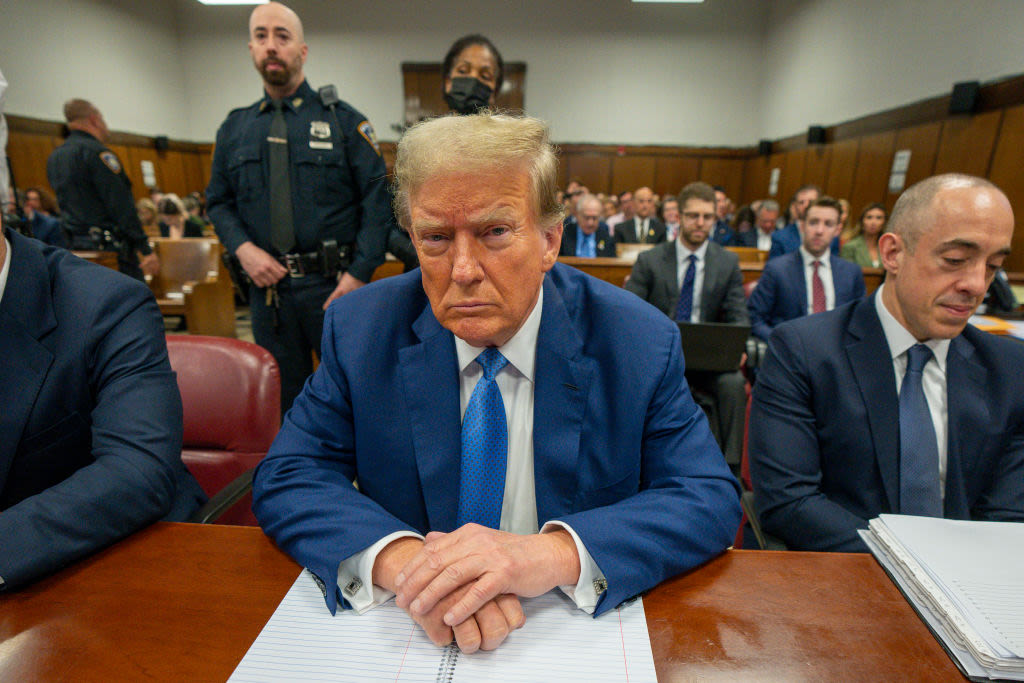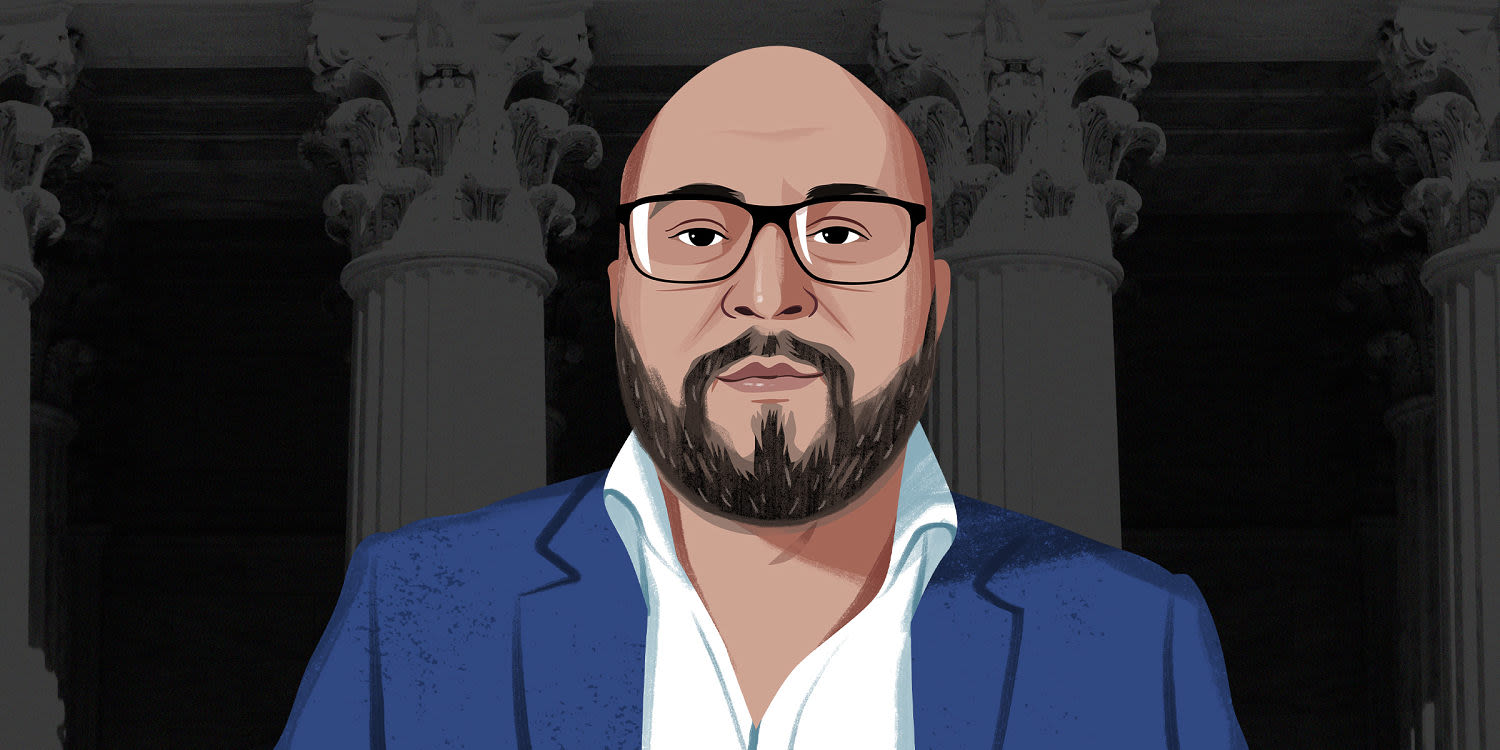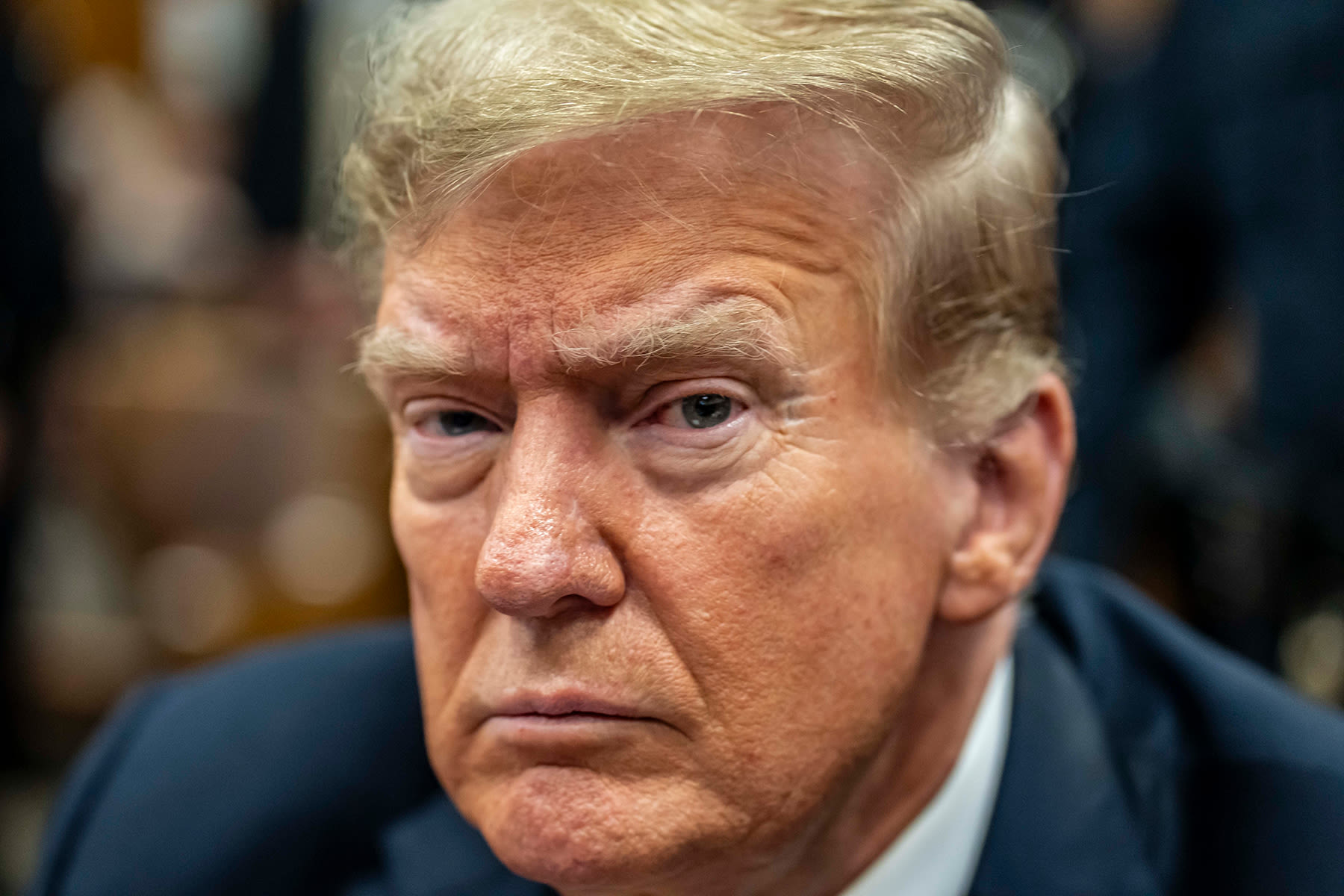Search results
Jan 1, 2021 · The president can issue a pardon at any point after a crime is committed and before, during or after criminal proceedings have taken place. The president cannot, however, pardon someone for future crimes. A pardon covers both the offender’s conviction for the crime and the sentence for that crime. In Burdick v.
Jan 31, 2024 · Can the President pardon someone before they are indicted, convicted, or sentenced for a federal offense against the United States? Does the President have authority to grant clemency for a state conviction? I was convicted in the District of Columbia Superior Court. How do I apply for clemency?
News about Donald Trump, Joe Biden, marijuana
News about P.M. Smith, Marilyn Mosby, federal judge
Also in the news
May 30, 2018 · As written in Article II, Section 2 of the U.S. Constitution, the President's power to pardon seems nearly limitless: " [The President] shall have Power to Grant Reprieves and Pardons for Offences against the United States, except in Cases of Impeachment."
- Notable Examples of Pardons
- How Many Pardons Have Presidents issued?
- Can Presidents Pardon Their Relatives?
- Clemency: Pardon Or Commutation of Sentence
- The President and The U.S. Pardons Attorney
- Rules Governing Petitions For Executive Clemency
Clearly, this power can result in some controversial applications. For example, in 1972 Congress accused President Richard Nixon of obstruction of justice—a federal felony—as part of his role in the infamous Watergate scandal. On September 8, 1974, President Gerald Ford, who had assumed office following Nixon’s resignation, pardoned Nixon for any c...
The number of pardons issued by the presidents has varied widely. Between 1789 and 1797, President George Washington issued 16 pardons. In his three terms—12 years—in office, President Franklin D. Rooseveltissued the most pardons of any president so far—3,687 pardons. Presidents William H. Harrison and James Garfield, both of whom died shortly afte...
The Constitution places few restrictions on who presidents can pardon, including their relatives or spouses. Historically, the courts have interpreted the Constitution as giving the president virtually unlimited power to issue pardons to individuals or groups. However, presidents can only grant pardons for violations of federal laws. In addition, a...
“Clemency” is the general term used to describe the president’s power to grant leniency to persons who have violated federal laws. A “commutation of sentence” partially or completely reduces a sentence being served. It does not, however, overturn the conviction, imply innocence, or remove any civil liabilities that might be imposed by the circumsta...
While the Constitution places virtually no limitations on the president's power to grant clemency, convicted persons who ask the president for clemency are required to meet a strict set of legal guidelines. All requests for presidential clemency for federal offenses are directed to the Office of the U.S. Pardon Attorneyof the Department of Justice....
The rules governing petitions for presidential clemency are contained in Title 28, Chapter 1, Part 1 of the U.S. Code of Federal Regulationsas follows:
- Robert Longley
Despite the breadth of the President’s authority under the Pardon Clause, the Constitution’s text provides for at least two limits on the power: first, clemency may only be granted for “Offenses against the United States,” 5. meaning that state criminal offenses and federal or state civil claims are not covered. 6.
People also ask
What is a presidential pardon?
Does the President have a power to pardon?
Can a president pardon a person convicted of a crime?
Who can be pardoned under the Constitution?
Jul 27, 2017 · A president can issue a pardon for past actions but not for future actions. He can pardon a person pre-emptively for past actions even if there's no charge or conviction.
Apr 30, 2024 · The President can grant a pardon to a person who was convicted in a United States District Court, the Superior Court of the District of Columbia, or a military court-martial. A pardon is an expression of forgiveness and can help eliminate some of the consequences of a conviction.



